Short-Term Residential Program Focuses on Stunted Children
The central purpose of Global Volunteers’ Reaching Children’s Potential Program (RCP) is to eliminate childhood stunting, which leads to life-long physical, cognitive and psychological limitations. When the health of children enrolled in the RCP Program is found to be compromised, they and their parents are closely monitored by RCP Caregivers and provided proven nutritional, hygiene and educational interventions to reverse further decline. On occasion, when stunting is identified, the children and their mothers require intensive follow up at the RCP Center in Ipalamwa. Dr. Silas Mosha describes here how children in this condition are attended to and the gains from this intensive treatment. (Pictured here on right with RCP Program Director Andrew Philbrook)
Along with RCP Caregivers and Ipalamwa General Clinic (IGC) medical staff, I collaborated on a three-week care and education program to reverse the stunting trend in children who had been monitored for several months. Despite caregivers’ interventions, these children failed to thrive, and we recommended their families for immediate counseling and education. We housed three children with moderate malnutrition and their mothers on the RCP campus, where we provided daily comprehensive medical and nutritional care. We examined the children and attended to other medical needs.
Meanwhile, standard RCP workshop topics were reinforced. Mothers followed an intensive daily health and nutrition education schedule, where they learned about practical food preparation for children, including an optimal feeding routine. They received freshly prepared meals each day, and were shown how to feed nutritional porridge to their babies. We also met with the mothers individually to counsel them on general physical and mental wellness. When other family members arrived to support the mothers, they were encouraged to attend the family counseling sessions.
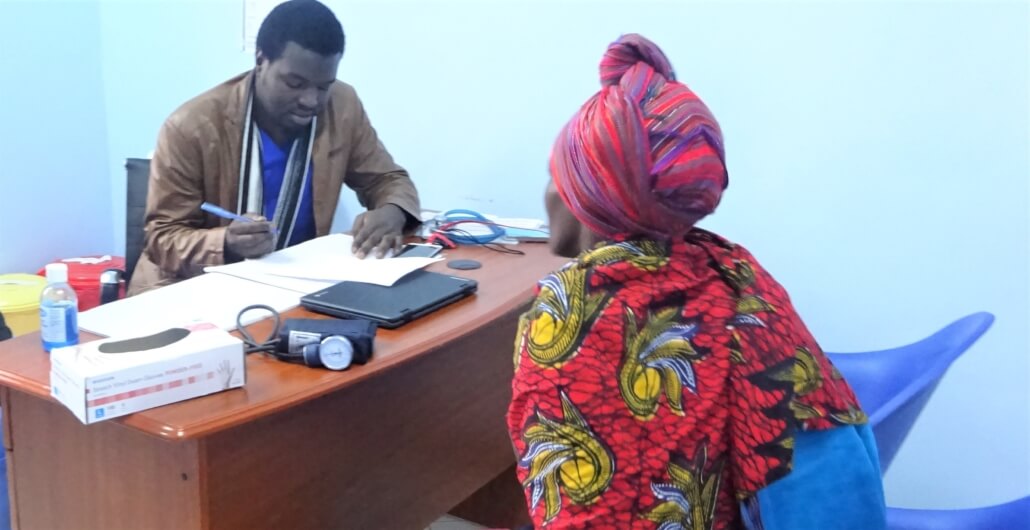
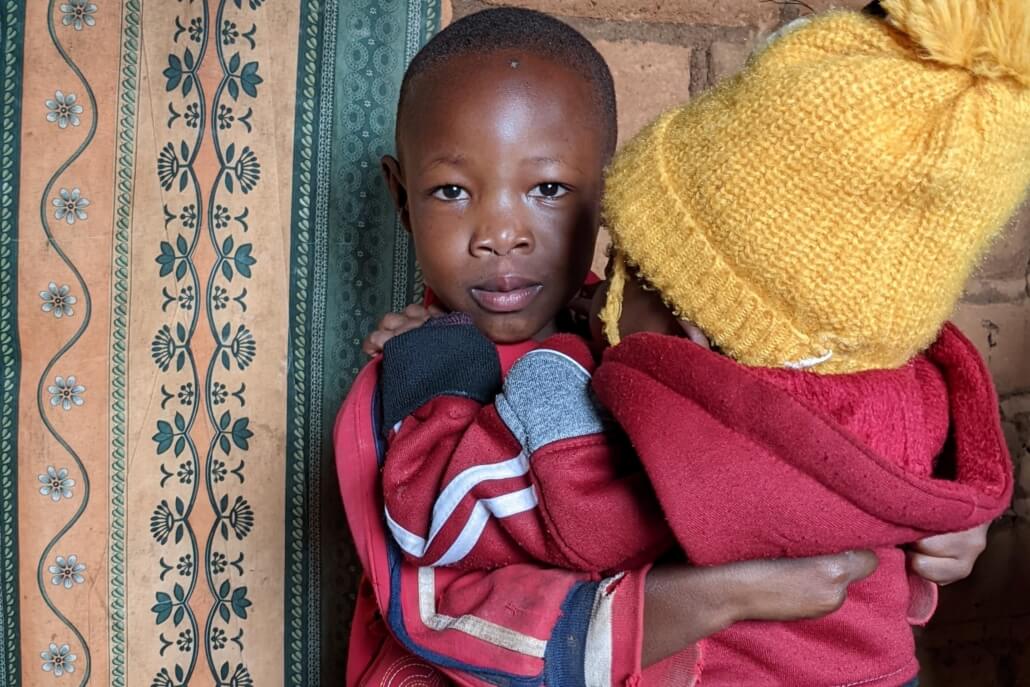
The family counseling sessions are divided in four sessions. First, a doctor or midwife counsels the couple on the medical concerns we have with their child. We give them the the child’s diagnosis and health status with the intention to create a positive mindset for solving the problem as a team.
The subsequent weekly counseling sessions are focused on the interventions of the previous week, and a review of the mother’s knowledge gained while in residence, and the assistance needed by the child’s father and family. We provide further education on nutrition and dietetics, and we try to get more information about whether the mother understands more the scope of the problems so we can make judgment on a long-term management approach.
At the fourth session, we work with the couple on the full management approach – with the gains plus challenges – and hygiene and nutritional education is given again so as to continue the practice at home. We also work with all the supporting members of the family staying in the same household. We educate them on proper nutrition and hygiene, and ask them to commit to supporting the care of this child and the mother. After this, follow-up appointments will be made after every week to the satisfaction of the counselor.

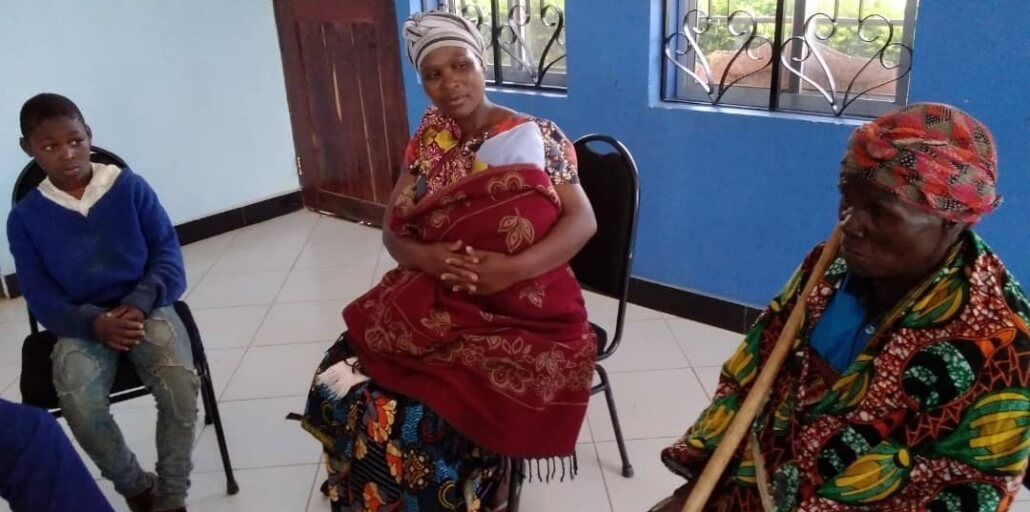
Over the three weeks, all three children gained weight and became more playful and active. They sustained a good appetite, and we noted many other individual improvements, such as alertness, and interest in verbal communication. Two of the children gained 300gms each over the three-week stay. The third child gained 150gms due to pre-existing medical challenges, but on the consecutive two weeks after the residential program, she gained other 200gms. These improvements continue today.
Here in Tanzania, we have a Nutrition Guide from the Ministry of Health that suggests foods with the needed additional nutrients for children under 5 and above 6 months who are no longer exclusively breast fed. So we compile a list of the food materials that are easily accessible here in our area and with the help of Mama Tony (RCP Cook) and RCP Clinic Manager Anna Mwenda. From this, we produced different kinds of meals that can be prepared and well consumed. So during the residential program, the mothers are being taught to prepare those meals on-site, so they can go home with those skills and continue the practice when discharged. The recommended foods are meat, fish, eggs, greens, carrots, cucumber, beans, peas, potatoes, tomatoes, milk in porridge with sugar, mangoes, oranges, papaya, avocados, bananas, pineapple, rice, alocasia, wheat flour, sunflower oil, and peanut butter.
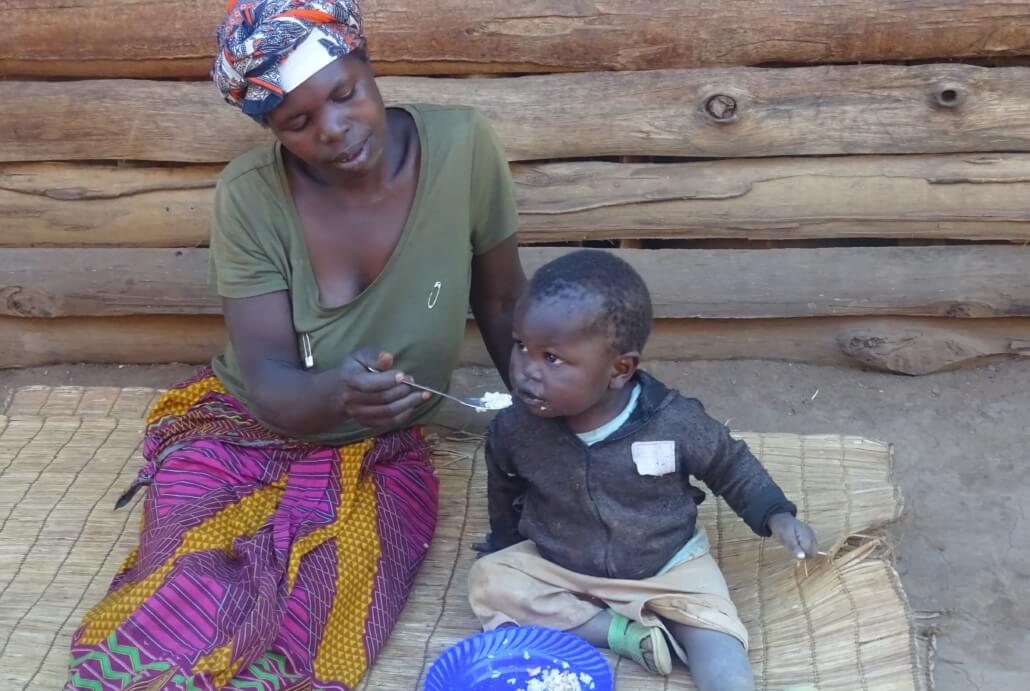
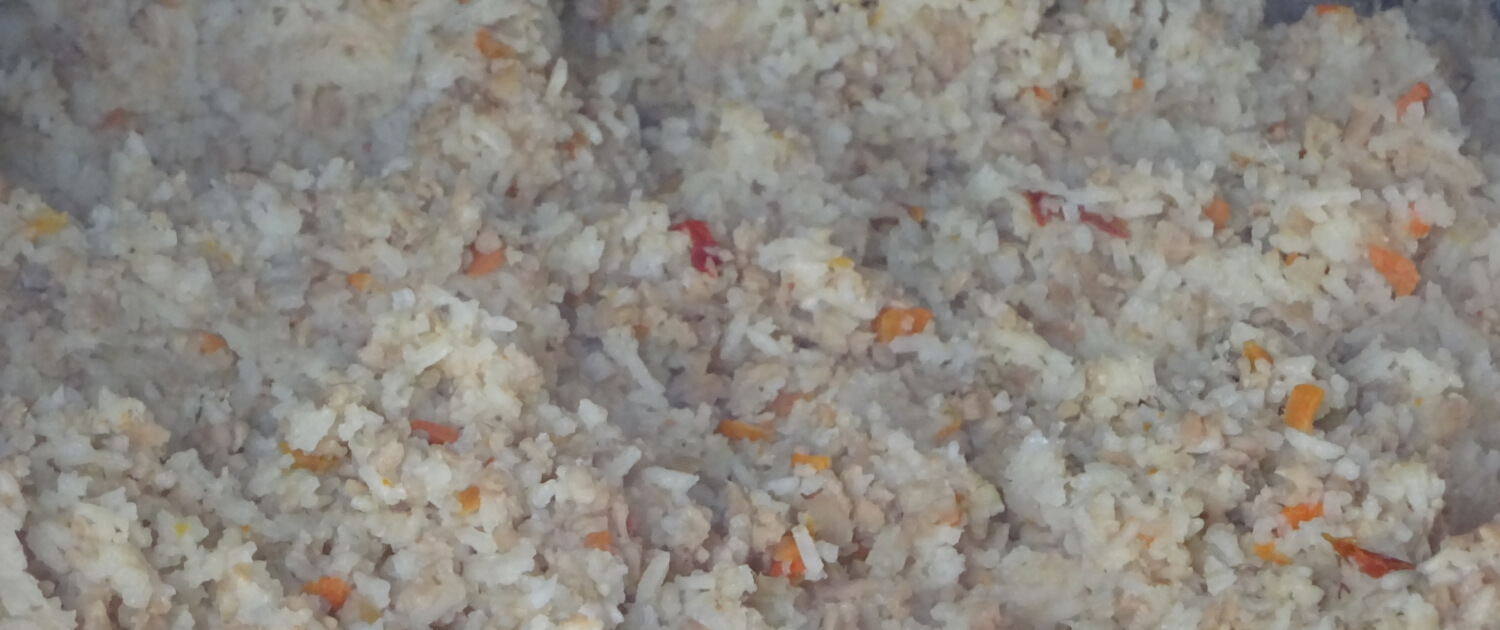
At our final counseling session, we assessed each family’s childcare knowledge and skills, and prescribed additional home care and hygiene practices with encouragement for the whole family to participate in RCP workshops. Since then, we’ve been seeing the children for weekly followups, and we’ve seen significant improvements.

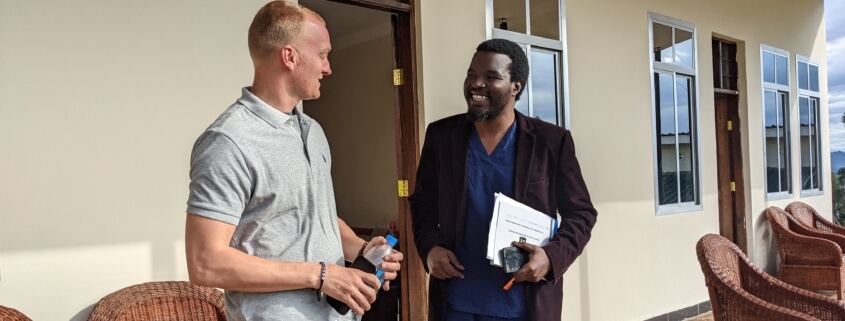


Leave a Reply
Want to join the discussion?Feel free to contribute!